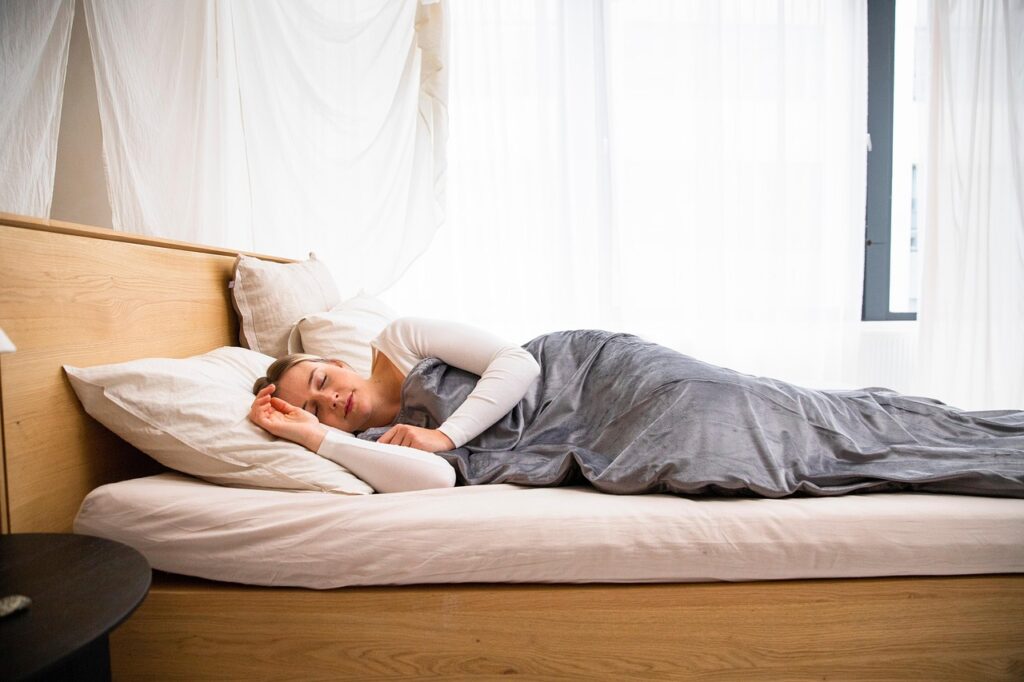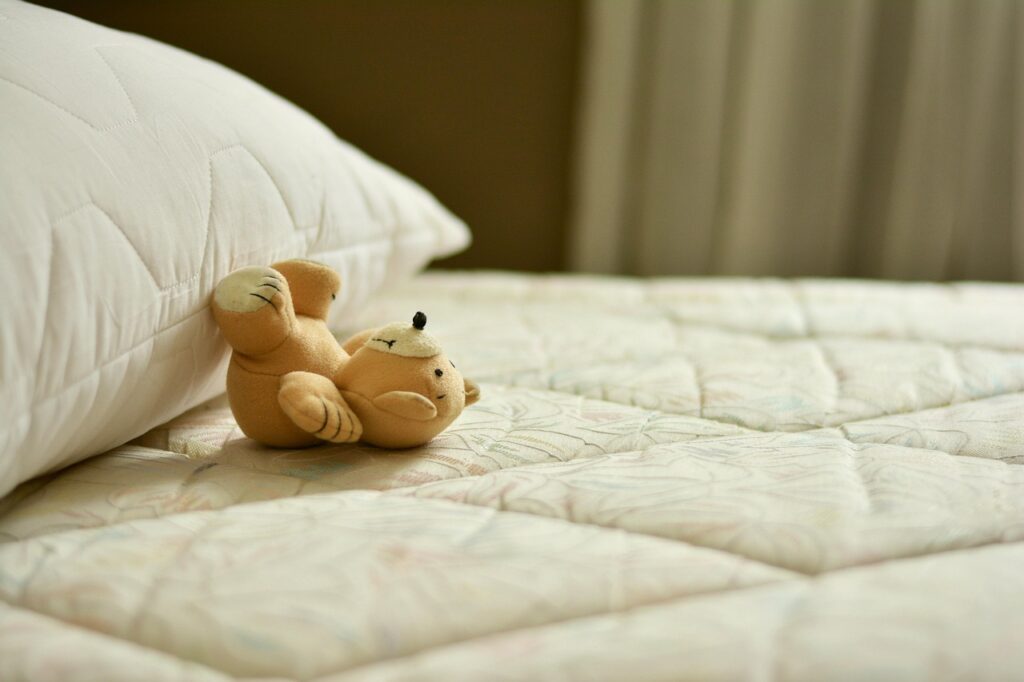How D2C Mattress Brands Are Solving India’s Sleep Crisis
India ranks as the second most sleep-deprived nation globally, with 31% of adults sleeping less than 7 hours daily and 1 in 2 Indians averaging under 6 hours. Chronic sleep deprivation fuels insomnia, diabetes, and heart diseases, costing productivity and well-being. Traditional mattress retailers, dominated by legacy brands like Kurlon and Sleepwell, failed to address these needs—until D2C (Direct-to-Consumer) disruptors like Wakefit, Sleepyhead, and The Sleep Company revolutionized the market with tech-driven solutions, affordability, and convenience.
Innovative Sleep Technologies: Beyond Memory Foam
- The Sleep Company’s SmartGRID: A hyper-elastic polymer grid adapts to body shape, offering pressure relief and reducing heat. Developed with ex-DRDO scientists, it’s patented in over 20 countries.
- Wakefit’s AI & Sleep Tracking: Products like Regul8 and Track8 use AI to monitor sleep and adjust firmness. Their NASA-inspired memory foam provides orthopedic support affordably.
- Sleepyhead’s Eco-Tech: Vacuum-packed “bed-in-a-box” mattresses cut logistics costs, while latex foam offers eco-conscious cooling.

Affordability: Cutting Middlemen, Not Corners
D2C brands cut out retailers and distributors to pass the savings to customers. For instance, Wakefit mattresses start from ₹10K versus ₹40K for legacy brands. SleepyCat operates on a factory-to-door model, slashing prices by up to 50%.
The Sleep Company, though priced higher, reinvests in R&D and offers 100-night trials to justify its ₹25K–₹50K range.
Consumer Education & Sleep Advocacy
- Wakefit’s Sleep Scorecard: The Great Indian Sleep Scorecard offers annual insights into India’s sleep habits.
- Sleep Internship: Wakefit’s viral campaign paid people to sleep, creating buzz and highlighting sleep’s economic value.
- The Sleep Company’s #GoSmartGRID: With actor Anil Kapoor, this campaign increased awareness via social media.
- Livpure’s Ayurvedic Approach: Infused mattresses use sandalwood to repel dust mites while promoting relaxation. Livpure Sleep combines wellness and tech.
Omnichannel Expansion: Bridging Online-Offline Trust Gaps
These brands are opening physical spaces for trials and trust. The Sleep Company operates over 100 COCO stores featuring napping stations. Wakefit has 22 experience centers, and SleepyCat runs large “sleep labs.”
The Future: AI, Sustainability, and Global Dreams
- AI-Powered Personalization: Wakefit’s Zense adjusts temperature using AI, while The Sleep Company plans IoT beds.
- Sustainable Materials: Sunday Mattress uses Belgian-certified latex; Sleepsia explores bamboo-based pillow covers.
- Global Reach: The Sleep Company has expanded to the UAE, Japan, and UK via Amazon, aiming for 30% overseas revenue.

Conclusion: A Well-Rested India
D2C mattress startups aren’t just selling beds—they’re tackling a public health crisis. Through technology, affordability, and education, they’re redefining sleep as essential. With offline reach and global vision, these brands are reshaping India’s ₹20,000 crore mattress market.
Key Takeaways:
- Tech Wins: SmartGRID, AI, and R&D outperform legacy materials.
- Trust Matters: 100-night trials and offline stores reduce buying hesitation.
- Sleep = Health: Campaigns and data are changing how India thinks about rest.
For Indian consumers, the message is clear: invest in sleep—it’s the foundation of a healthier nation.
